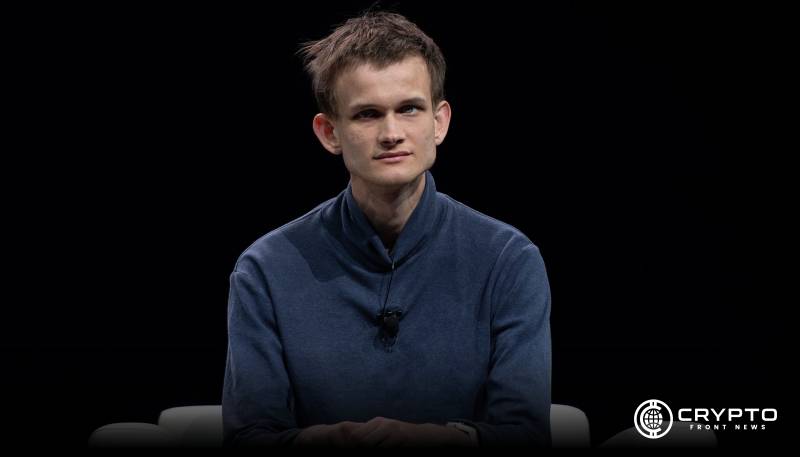- Vitalik advocates for open source and open standards to ensure Ethereum’s projects remain interoperable and decentralized.
- Ethereum projects must meet security tests, including the “walkaway” and “insider attack” tests, to minimize vulnerabilities.
- Positive-sum metrics emphasize using ETH and contributing to public goods, benefiting Ethereum and the broader world.
The Ethereum ecosystem faces a key challenge which is how to integrate decentralization with cooperation. Vitalik Buterin, Ethereum’s co-founder, recently introduced the concept of “alignment,” urging projects to align both technologically and economically within Ethereum’s broader vision.
The goal is to ensure that the many decentralized teams, working on different projects, collectively build toward one cohesive Ethereum ecosystem. This effort seeks to avoid creating fragmented and incompatible fiefdoms.
Defining Ethereum Alignment
Vitalik argues that Ethereum’s alignment needs clearer definitions. For example, alignment should include open source principles, where core infrastructure components must remain open to reduce the risk of proprietary lock-in.
Open standards, such as ERC-20 and account abstraction, should also be a primary focus, ensuring projects are interoperable within the ecosystem. Applications and wallets would be rated based on compatibility with these standards, encouraging uniformity.
Security and decentralization remain key concerns. Projects should pass two critical tests: the “walkaway test,” ensuring the project continues to function if the team disappears, and the “insider attack test,” which assesses the system’s resilience against internal threats. These metrics aim to minimize vulnerabilities and ensure project robustness.
Positive-Sum Metrics for Ethereum
Vitalik proposes that Ethereum projects must also be positive-sum, meaning they should benefit the entire Ethereum community, not just the project itself. For instance, projects should aim to use ETH as the primary token to boost its network effect and contribute to open-source technology or donate a portion of their revenue to public goods.
Beyond Ethereum, projects should bring value to broader audiences. This includes promoting financial inclusion or contributing to solutions for global challenges like sustainability. These positive-sum metrics push Ethereum toward a mission of broader societal impact.
Moving Forward with Dashboard Organizations and Metrics
Vitalik’s alignment strategy encourages entities like L2beat to track how well individual projects meet the proposed criteria. This approach replaces social alignment with merit-based standards.
Projects would compete to meet measurable benchmarks, not just for influence. As more dashboard organizations emerge, Ethereum’s alignment becomes clearer and more actionable.





